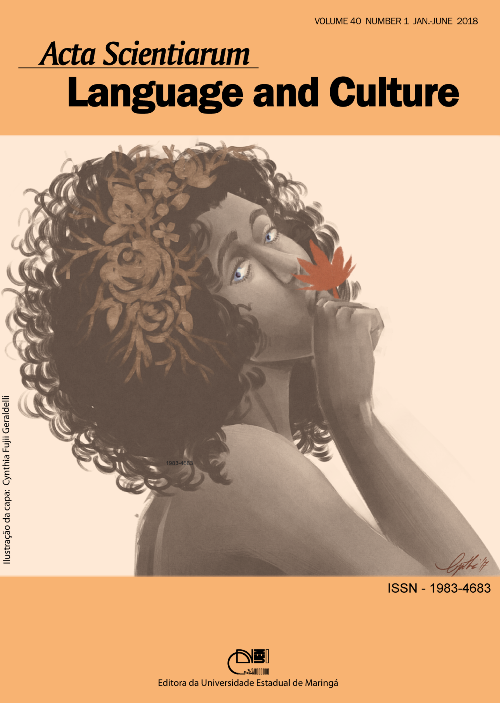<b>Representations on the Portuguese language and its promotion in the world by future teachers
Abstract
The constant changes that affect the society in the 21st century demand an education focused in the development of competencies. The proficient oral and written communication is placed among those competencies and must be developed through the teaching/learning of the mother tongue. Conceptions on it resulting from the way it is taught/learned are also important in this context. Consequently, a team from a research laboratory has been doing studies on these topics, in order to draw a profile of graduation and post-graduation students, which will enable their teachers to adopt strategies capable of changing their conceptions on their mother tongue that will undoubtedly affect their future pupils. In these studies was adopted a qualitative methodology based on case study, the use of a questionnaire and content analysis. This article concerns a study in which took part future teachers and educators, attending the first year of a degree in Basic Education. One concluded they were too attached to the geographic origins of their mother tongue and rather unaware of the variations it admitted, a perspective that is very far from being adapted to the multicultural and plurilingual society of the 21st century.
Downloads
DECLARATION OF ORIGINALITY AND COPYRIGHTS
I Declare that current article is original and has not been submitted for publication, in part or in whole, to any other national or international journal.
The copyrights belong exclusively to the authors. Published content is licensed under Creative Commons Attribution 4.0 (CC BY 4.0) guidelines, which allows sharing (copy and distribution of the material in any medium or format) and adaptation (remix, transform, and build upon the material) for any purpose, even commercially, under the terms of attribution.
Read this link for further information on how to use CC BY 4.0 properly.




















6.png)









